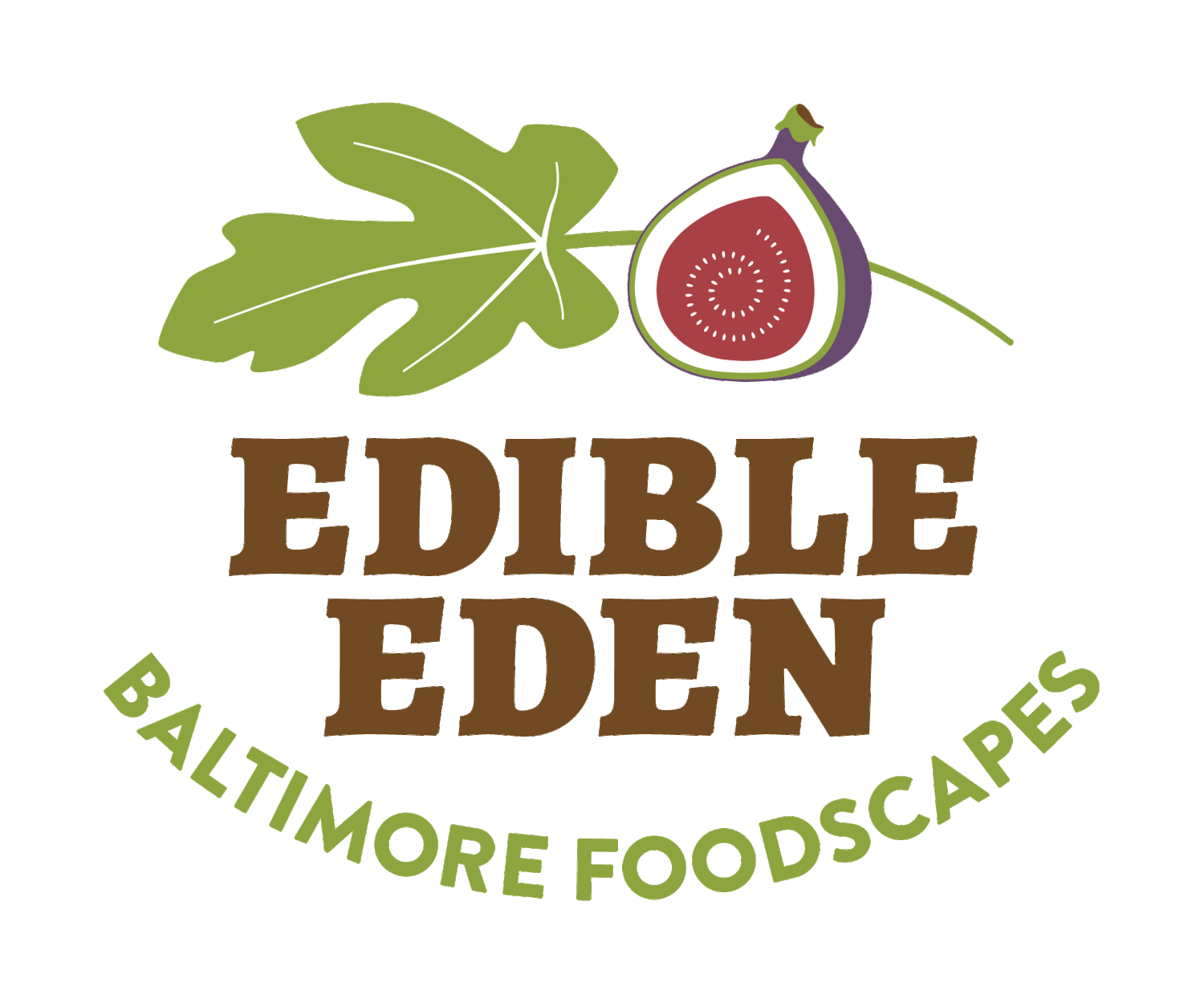Our Mission
To empower our clients to enjoy more delicious and nutritious diets while living sustainable lifestyles.
To educate our community about how to grow, process and utilize local, seasonal food.
To create and maintain beautiful, abundant, & diverse landscapes that support local flora and fauna, build healthy soil, and absorb stormwater runoff to foster a healthy Chesapeake Bay watershed.
To showcase and embody ethical green business practices.
Why We Grow
We believe that every square foot of land we steward is an opportunity to do good in the world.
We believe that the knowledge, practice and understanding of how to grow food is the birthright of every human.
We believe that the experience of picking and eating the freshest, most ultra-local of foods has an inspirational, gastronomic and ethical value.
We believe that munching fresh snap peas off the vine, digging up potatoes, and smelling flowers is a beautiful, valuable and healthy component of childhood.
We believe that by treating land with respect, using organic growing practices, and incorporating native, edible and medicinal plants into designs, we make the world a better place for bees and butterflies, for microorganisms and worms, for ourselves and for our children.
We believe that native, pollinator-friendly, culinary, and medicinal plants are more valuable and desirable than commercial and ornamental plants.
We believe that by choosing to grow even a small portion of our food at home we are developing food production skills, engaging in a healthy lifestyle, and getting to enjoy the peak experiences of ultra-local culinary bliss.
How We Grow
Organic and Sustainable Gardening in Baltimore
There are variety of terms that we use to describe our growing practices. First, let’s get their definitions straight!
Organic Gardening: Growing produce without the use of any synthetic pesticides or fertilizers. Edible Eden’s gardening practices are all organic. However, not all of the soils, seeds or seedlings we use are Certified Organic.**
Sustainable Gardening: Implies organic methods but not necessarily Certified Organic. Sustainable gardens use as few inputs (fertilizers, pesticides, and water) as possible, include native plants, and feature environmentally beneficial practices that build soil health, reduce stormwater runoff, and provide year-round habitat for wildlife.
Ecological Gardening: Interchangeable with sustainable gardening. In a phrase: working with nature, rather than against it.
Pollinator and Wildlife-friendly gardens: Incorporate mostly native plants that offer birds, bees, butterflies, and other wildlife year-round food, shelter, and nesting materials.
Urban Gardening: Leverages tight, non-traditional, urban spaces to grow edible plants. Rooftop gardens, vertical gardens and raised beds in urban lots are all examples of urban gardening. Due to the fact that many urban soils are contaminated with lead and other toxins, most urban farms and gardens rely on raised bed or container growing systems.
Permaculture: A holistic design methodology inspired by natural systems and patterns that aspires to create sustainable human communities. Edible Eden offers permaculture workshops of varying lengths and creates permaculture designs for larger projects.
**The term Organic can mean two different things: capital “O” Organic means Certified Organic, while lower-case organic just means using growing practices that eschew synthetic pesticides and fertilizers.
Here in the USA, the certification process is overseen by accredited private, or state certifying entities that follow USDA regulations. While Certified Organic produce can be relied upon to meet certain standards that are better your health and for the environment, the certification process is part of a bureaucratic system set up to favor large scale producers. The cost in labor, record keeping and materials to become Certified Organic is sometimes unattainable for small local producers.
Using the term sustainable gardening is a way of highlighting the values and beliefs of the grower without implying a USDA certification process. Sustainable gardens produce food with minimal inputs and with as little harm to the natural environment as possible. Sustainable gardening is part philosophy, part design and part getting your hands dirty.
Edible Eden practices organic and sustainable gardening in a variety of ways:
Using only organic pesticides and fertilizers and only when necessary
Composting, ideally onsite
Using drip irrigation systems for water conservation
Incorporating native perennials into every design


